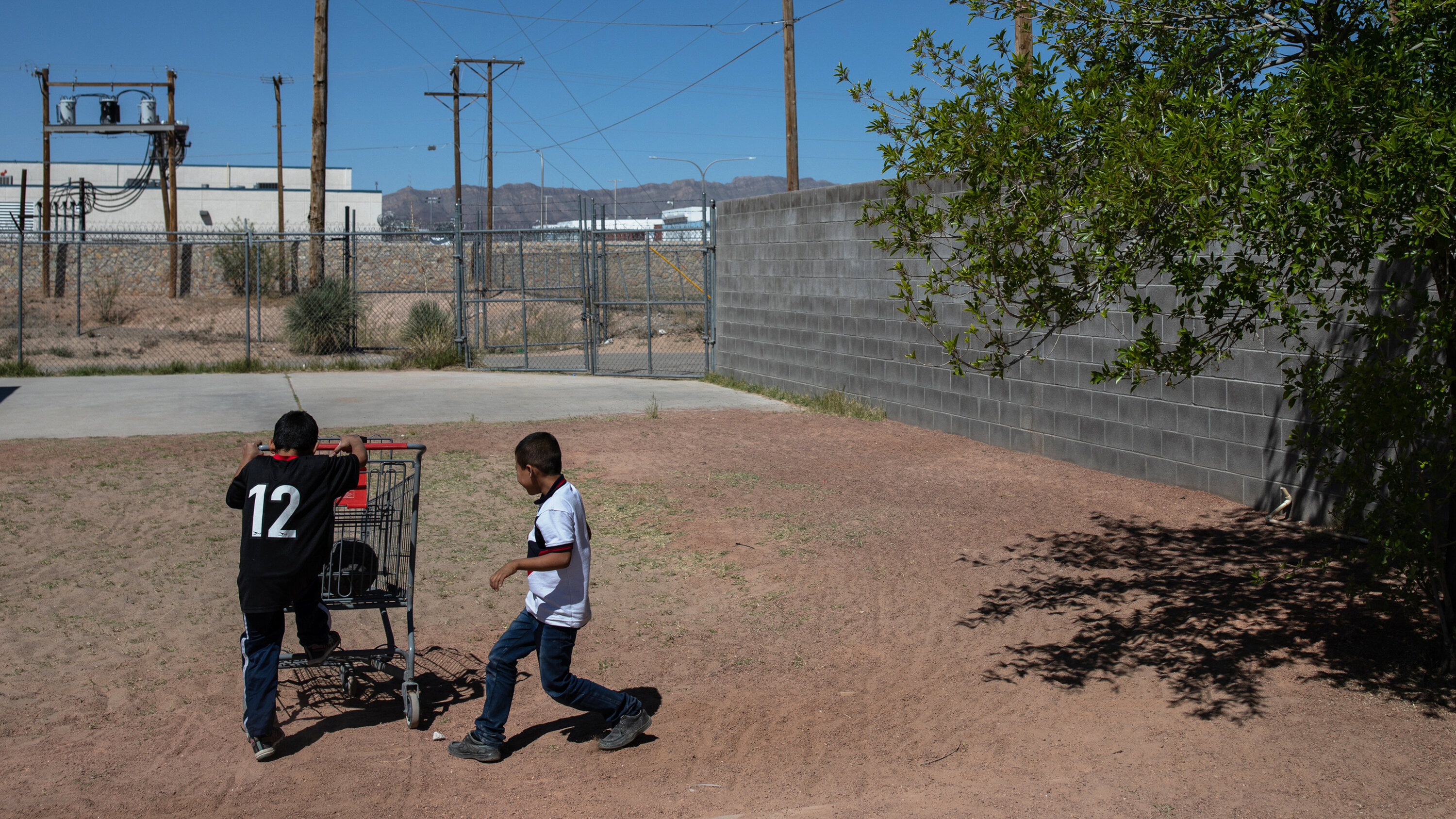When Faith Meets Legislation: The Twisted Logic of Texas' Religious Liberty Debate

In Texas, the MAGA movement's harsh approach to immigration and civil liberties has reached a disturbing new level of intensity. The Lone Star State has become a stark showcase of the movement's most aggressive policies, revealing a deeply troubling disregard for human rights and constitutional protections.
The state's recent actions paint a chilling picture of how political ideology can translate into systematic oppression. Immigrants, particularly those seeking asylum or hoping for a chance at a better life, are facing unprecedented challenges and hostility. The MAGA-driven agenda has transformed border policies into a weapon of intimidation, systematically stripping away basic human dignities and legal protections.
What's unfolding in Texas is more than just a policy dispute—it's a fundamental assault on the principles of compassion and equal treatment that have long been cornerstones of American democratic values. The crackdown on immigrant communities reveals a deeply xenophobic mindset that threatens the very fabric of social justice and human rights.
As these policies continue to unfold, they expose the stark contrast between rhetoric about freedom and the harsh realities faced by vulnerable populations. The MAGA movement's approach in Texas serves as a troubling reminder of how political power can be wielded to marginalize and oppress those most in need of protection and opportunity.

